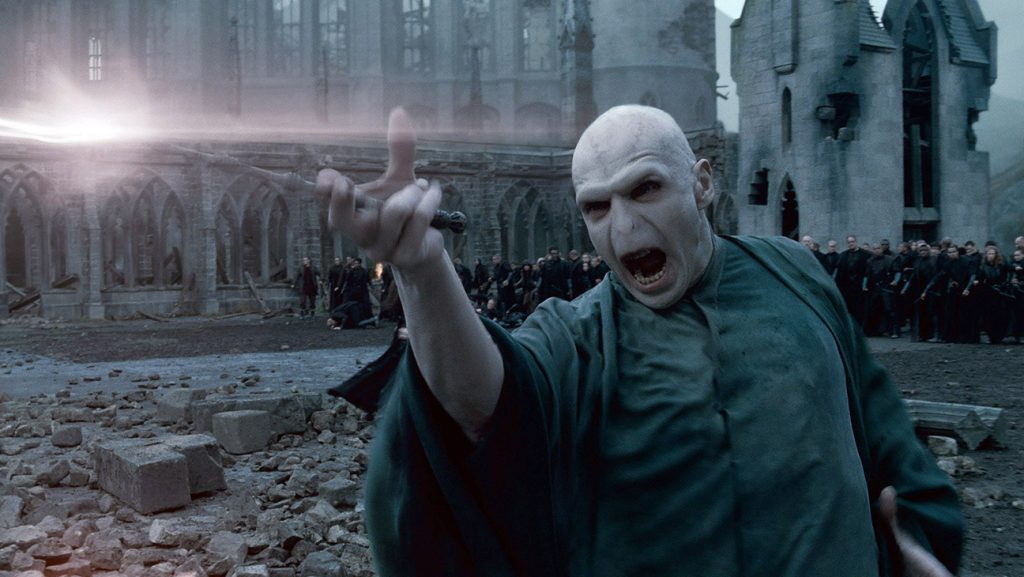The most elusive item in Hollywood entertainment is a sure thing; a property that guarantees success. Some argue that such a thing is unattainable (for example, Warner Bros. was likely very confident in its decision to produce Joker 2). However, there is an upcoming TV series that could very well be as close as we’ll get to a sure thing—Warner Bros. Discovery’s major investment in HBO’s Harry Potter. This week, the show announced its primary adult cast, although there are three significant challenges that many are pondering.
The Harry Potter series will reinterpret J.K. Rowling’s seven fantasy novels, which have collectively sold over 600 million copies and whose eight film adaptations have grossed more than $7 billion. Each season will focus on one book, with Succession writer Francesca Gardiner serving as showrunner and Game of Thrones alum Mark Mylod directing several episodes.
The cast includes six-time Emmy winner John Lithgow portraying the wise and enigmatic Hogwarts professor Albus Dumbledore, Ozark standout Janet McTeer as Minerva McGonagall, Shaun of the Dead’s Nick Frost as the lovable Hagrid, and, in an inclusive casting choice, Paapa Essiedu from I May Destroy You as the disdainful Potions Master Severus Snape. The production has received an overwhelming 32,000 audition tapes for the roles of 11-year-olds Harry, Ron, and Hermione, which are yet to be cast.
While the wisdom of this project, which might premiere on Max in 2026 or 2027, has sparked debate, three significant questions loom large.
First: Will audiences want to watch a TV adaptation of movies that are less than twenty years old? The answer is likely yes. The original books contain a vast amount of content that was either excluded or significantly shortened, particularly in the later volumes. The films often feel rushed, with certain iconic moments missing or misrepresented, while the books offer a narrative style that is more suited to series television, enriched with sparkling dialogues amongst Harry, Ron, and Hermione that were omitted from the films.
The second question is related to the previous disappointments of the Fantastic Beasts film series and the mixed reception towards Amazon’s The Lord of the Rings: The Rings of Power (though Amazon claims the latter is still pulling strong viewership). Despite seeming like different projects, both aimed to expand upon beloved fantasy narratives that had already seen success. Whereas HBO’s Harry Potter will not face this same issue, as it is based on a well-established story, both previous projects struggled because they were prequels relying on scant source material rather than a beloved narrative.
The third and more sensitive question is: Will viewers engage with a show overseen by J.K. Rowling, who has been subject to controversy for her anti-trans views? The likely response is affirmative. For instance, the 2023 game Hogwarts Legacy, faced calls for boycott because of Rowling but still emerged as the year’s top seller. The film franchise remains immensely popular, with the 1999 film Harry Potter and the Sorcerer’s Stone being viewed 40 million times globally on Max last year, indicating that fans love this narrative and generally separate the art from the creator in this case.
HBO is in a robust position currently, boasting hits like The White Lotus season three, the breakout freshman medical drama The Pitt, and The Last of Us returning for a second season with soaring numbers. However, the series does face potential challenges. Fans might have strong opinions if it appears less polished than the films, which are not the kind of projects suitable for cutting corners. Concerns could also arise over diverse castings, especially given current cultural climates. While the adult cast is filled with seasoned actors, finding suitable young talent who can develop the necessary chemistry is key to capturing the magic of the original story.
Overall, Rowling’s novels provide a rich blueprint—totaling 3,407 pages—that has shown to be immensely effective, making it a daunting task to turn Harry Potter into anything less than a sure thing. No pressure, HBO.
This article originally appeared in the April 16 issue of The Hollywood Reporter magazine. Subscribe to receive the publication by clicking here.



